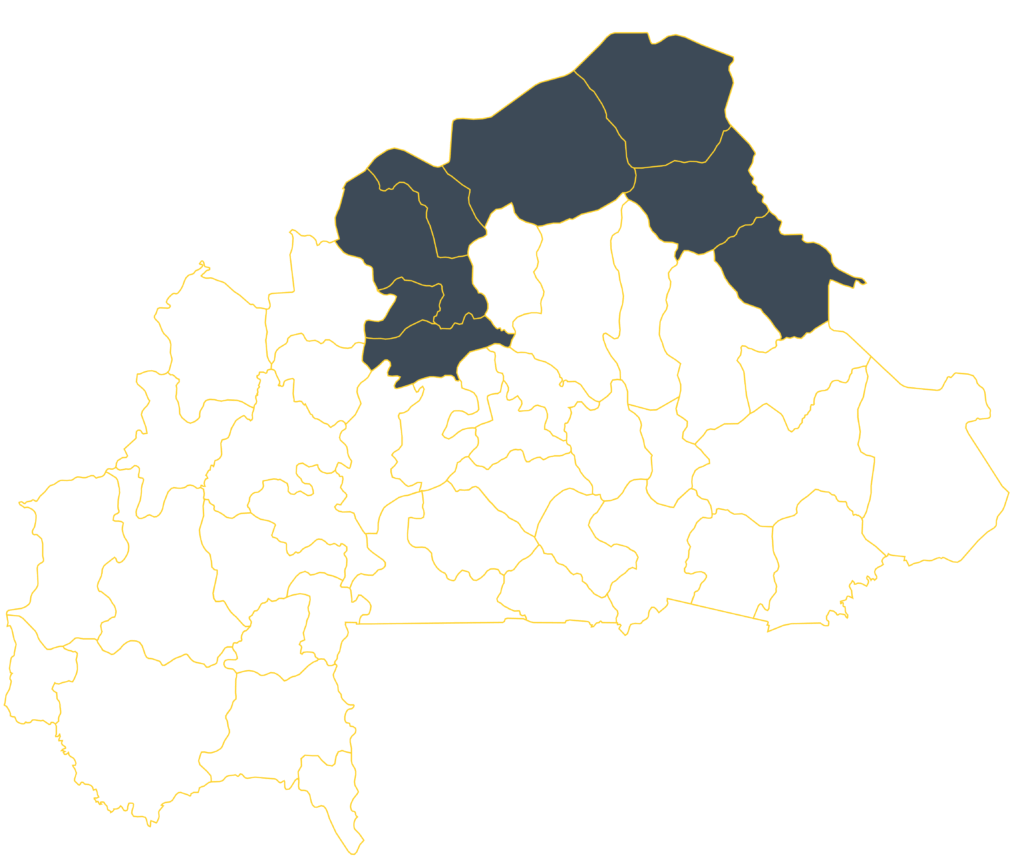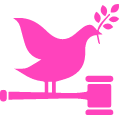BURKINA FASO
BACKGROUND AND CONTEXT
The threat of terrorism and violent extremism have worsened in recent decades, become increasingly pronounced in the Central Sahel region of Burkina Faso, Chad, Mali, Mauritania and Niger. The security challenges inherent in the sub-regional context, resulting from the increase in asymmetric threats and their various forms of manifestation as well as the outbreak of social tensions, have resulted in the advent of transitional regimes in the three countries of the Central Sahel and the creation of the Alliance of Sahel States (AES) in 2023.
Key drivers of violent extremism include high levels of youth unemployment, recurring farmer-herder conflicts, and persistent governance-related grievances. Terrorist and violent extremist groups exploit these vulnerabilities by promoting narratives of injustice and offering protection in exchange for loyalty, thereby further destabilising already fragile communities. GCERF began investing in the country in 2021 and till date USD 3.75 million has been invested to address these drivers of violent extremism.
OUR INVESTMENT STRATEGY IN BURKINA FASO
GCERF’s investment strategy outlines a comprehensive approach to address the drivers of violent extremism and guides civil society organisations in designing their programmes.
GCERF funds programmes that:
Address inter-community conflicts linked to natural resource scarcity through dialogue and conflict resolution initiatives
Promote socio-economic integration through livelihood opportunities to reduce susceptibility to radicalisation and recruitment by violent extremist groups
Provide psychosocial support to survivors of violent extremism to support their recovery and reintegration
KEY FIGURES
(cumulative from 2021 to March 2025)
AREAS WHERE WE WORK
Lorum, Passore, Yatenga, Zondoma, Ouadalan, Seno, Soum, Yagha

Newsletter

Sustainable Development Goals

Peace, Justice & Strong Institution
No Poverty

Quality Education

Gender Equality

Decent Work & Economic Growth

Reduced Inequalities

